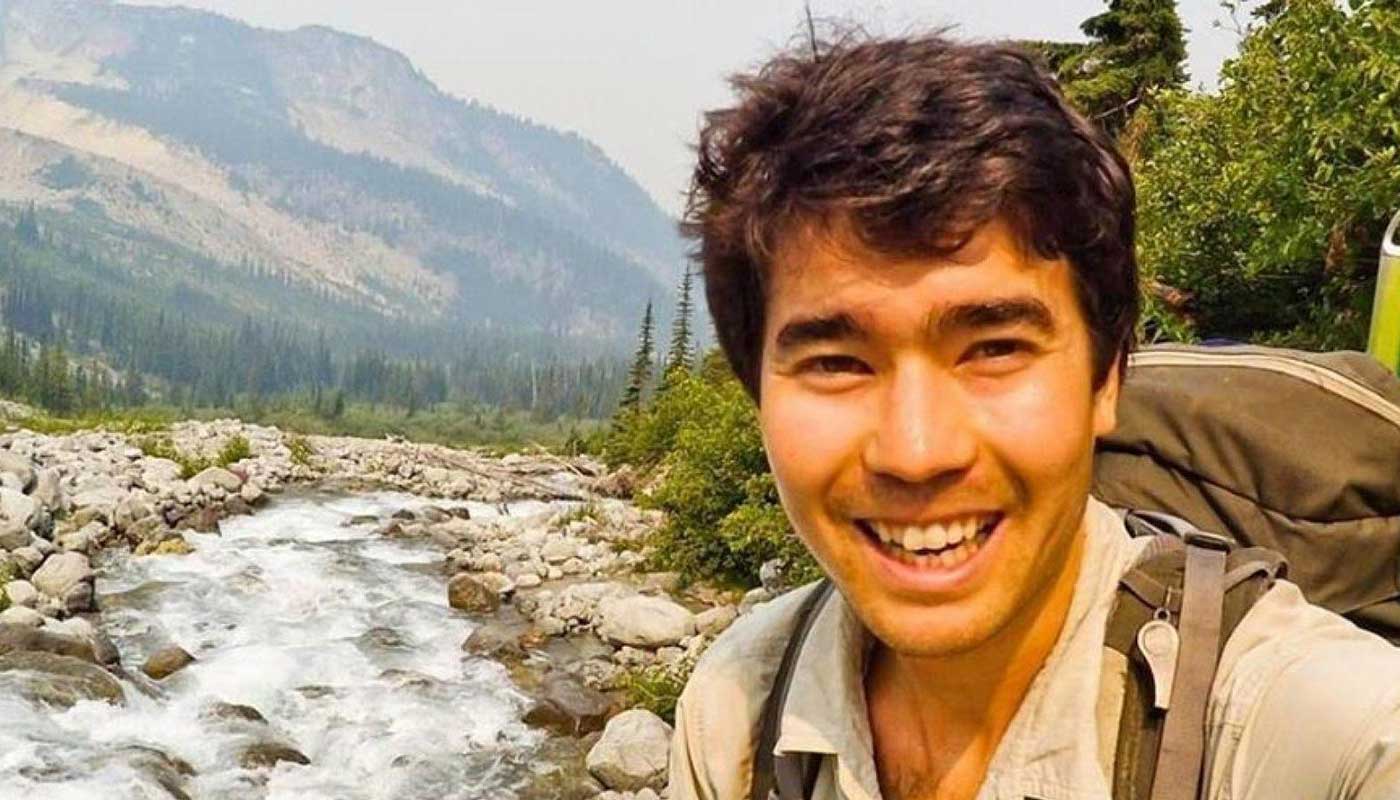US missionary killed with bow and arrow by hostile island tribe
Sentinelese islanders are notorious for aggressively defending their remote island home

A free daily email with the biggest news stories of the day – and the best features from TheWeek.com
You are now subscribed
Your newsletter sign-up was successful
An American man has reportedly been shot and killed with arrows, after approaching a remote and hostile tribe living in India’s Andaman and Nicobar islands with the intent of converting them to Christianity.
The man, identified as 27-year-old John Allen Chau, travelled to North Sentinel island, where a tribe of between 50 to 150 people have lived for thousands of years with very little contact with the outside world.
Chau, in a note to his family written shortly before his death, said: “You guys might think I’m crazy in all this but I think it’s worthwhile to declare Jesus to these people. God, I don’t want to die.”
The Week
Escape your echo chamber. Get the facts behind the news, plus analysis from multiple perspectives.

Sign up for The Week's Free Newsletters
From our morning news briefing to a weekly Good News Newsletter, get the best of The Week delivered directly to your inbox.
From our morning news briefing to a weekly Good News Newsletter, get the best of The Week delivered directly to your inbox.
Travel to North Sentinel island is strictly prohibited by the Indian government, due to the island tribe’s well-documented history of reacting extremely violently to any approach by outsiders, reports The Washington Post.
Visits to the island are also illegal due to the risk of introducing disease that could wipe out the island’s population.
Most recently, two fishermen were killed by the Sentinelese tribe in 2006 after their boat drifted too close to the island.
The BBC reports that Chau was helped by local fishermen, who tried and failed to deliver the missionary to the island on 14 November.
A free daily email with the biggest news stories of the day – and the best features from TheWeek.com
The following day, they reportedly dropped him off 500-700 metres from the island in a canoe, and he was seen approaching the tribe, who were shooting him with arrows.
“He came back [to the beach] later that day with arrow injuries. On the 16th, the [tribespeople] broke his canoe,” CNN says.
The fishermen reported that they had seen the Sentinelese people attacking Chau with arrows, before they “tied Chau’s body to a rope and dragged it along the ground”, India Today says.
All seven people who facilitated Chau’s journey to North Sentinel Island have been arrested by authorities, and Chau’s body is yet to be recovered.